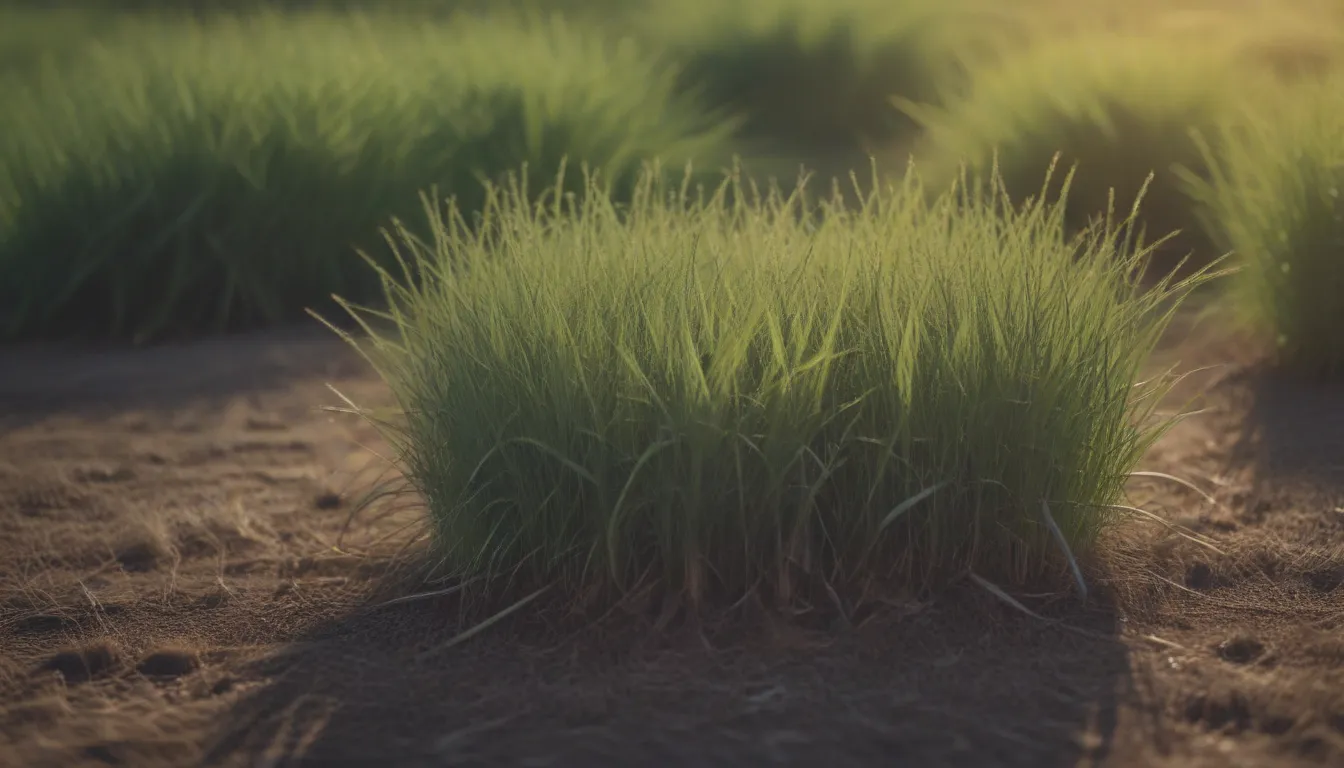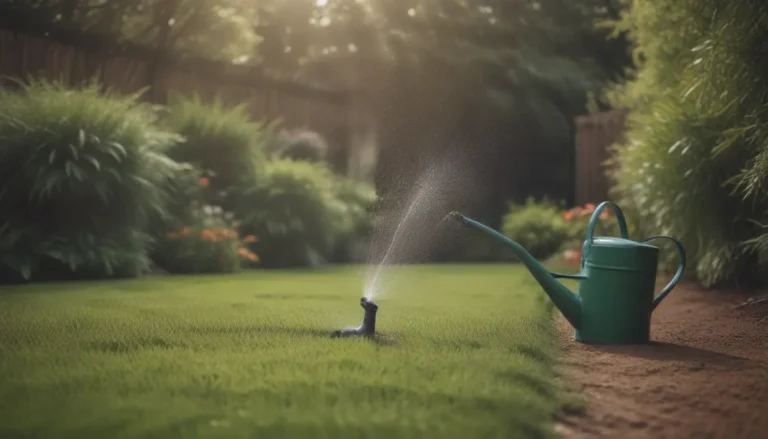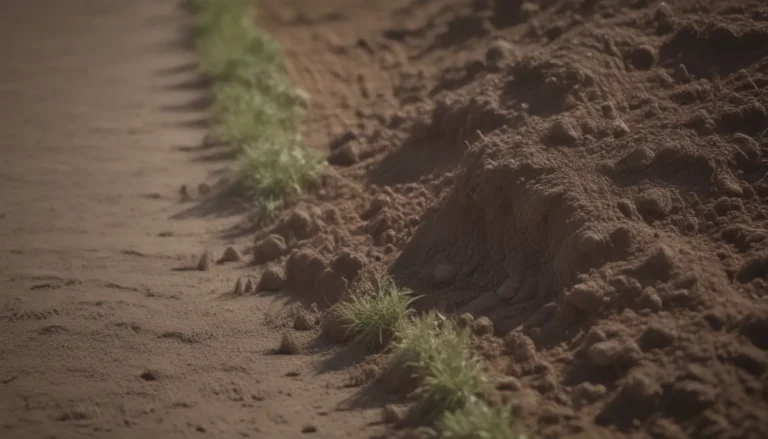Understanding Grass Seed Longevity and Storage Tips

Have you ever found yourself with leftover grass seed after reseeding your lawn? Wondering if that bag of grass seed sitting in your garage is still viable for use? In this article, we will explore how grass seed can go bad, the factors that affect its longevity, signs that indicate your grass seed is expired, and tips on how to properly store it to ensure it stays fresh for as long as possible.
Does Grass Seed Go Bad?
Yes, grass seed does go bad, but not in the same way as fruits or vegetables that rot and become inedible. Instead, grass seed simply becomes less viable as it ages. Over time, the germination rate per volume of seed decreases, meaning you may need to use more seed to achieve the desired coverage when reseeding your lawn.
Factors That Affect Grass Seed Longevity
Several factors can influence the longevity of grass seed, ultimately impacting its viability. Time is the most significant factor, with grass seed typically lasting two to three years before the germination rate starts to decline. Other factors that can shorten the viable lifespan of grass seed include:
- Heat
- Light
- Moisture
- Airflow
To prolong the shelf life of your grass seed, it is essential to avoid storing it in warm, bright, moist, or airy conditions. By taking proper precautions, you can ensure that your grass seed remains viable for a longer period.
Signs Your Grass Seed Is Expired
If you are unsure whether your grass seed is still viable for use, there are a few tests you can perform to determine its quality:
- Float Test: Place the seeds in water to see if they float, which indicates they may be hollow and no longer viable.
- Germination Test: Plant a small sample of seeds to see if they sprout, indicating their germination rate.
- Physical Inspection: Check the seeds for signs of mold, discoloration, or damage, which may indicate they are no longer viable.
It is important to note that using old grass seed with reduced viability may result in a greater failure rate when reseeding, ultimately wasting your time and effort. In many cases, it may be more cost-effective to opt for fresh grass seed to achieve better results.
Tip:
“Using fresh grass seed is often the way to go, as it ensures higher germination rates and better coverage for your lawn.”
How to Properly Store Grass Seed
To maintain the quality of your grass seed and extend its shelf life, proper storage is crucial. Here are some tips on how to store grass seed effectively:
- Reseal the Bag: Ensure the grass seed bag is adequately sealed using multiple chip clips or office clips to prevent exposure to air and moisture.
- Refrigerator Storage: If possible, store the grass seed in the vegetable crisper drawer of the refrigerator. Refrigeration can help maintain the viability of the seeds for an extended period, especially if you have an extra refrigerator in the garage or basement.
- Insulated Cooler: In the absence of a refrigerator, consider using an empty insulated cooler to store the grass seed, particularly in cooler climates. This can provide a cool and dry environment for the seeds.
- Resealable Storage Bag: Another option for storing grass seed is to transfer it to a resealable storage bag, ensuring it is airtight to prevent exposure to light and moisture.
It is worth noting that even with proper storage, grass seed will eventually lose its viability after two to three years. While storing the seed correctly can help prolong its lifespan, be prepared to use more seed to achieve the desired coverage as it ages.
In conclusion, understanding the factors that affect grass seed longevity and implementing proper storage practices can help ensure that your grass seed remains fresh and viable for longer periods. By following these guidelines, you can make the most of your grass seed supply and achieve successful results when reseeding your lawn. Remember, using fresh grass seed is often the best approach to ensure optimal germination rates and coverage for your grassy areas.





